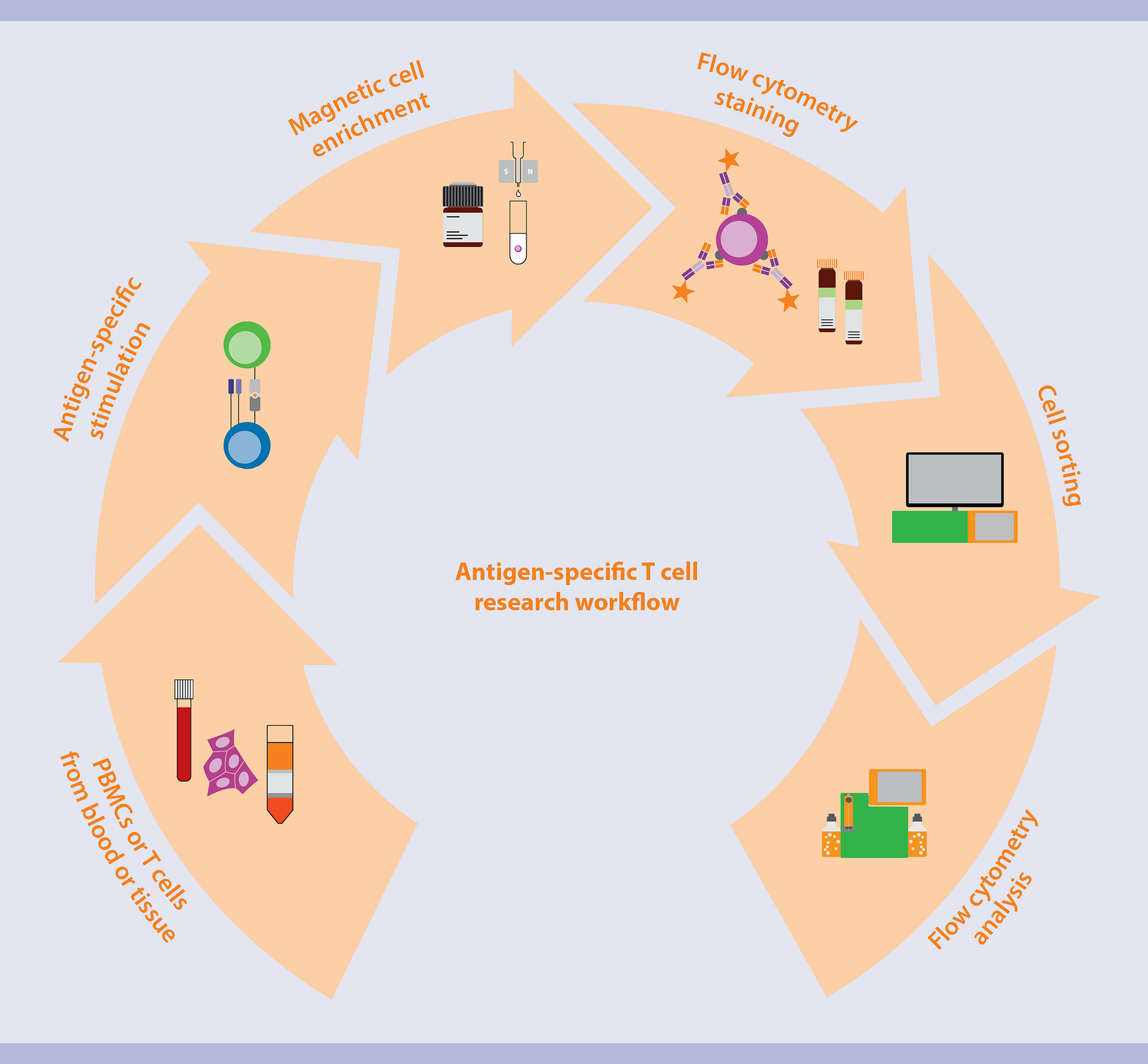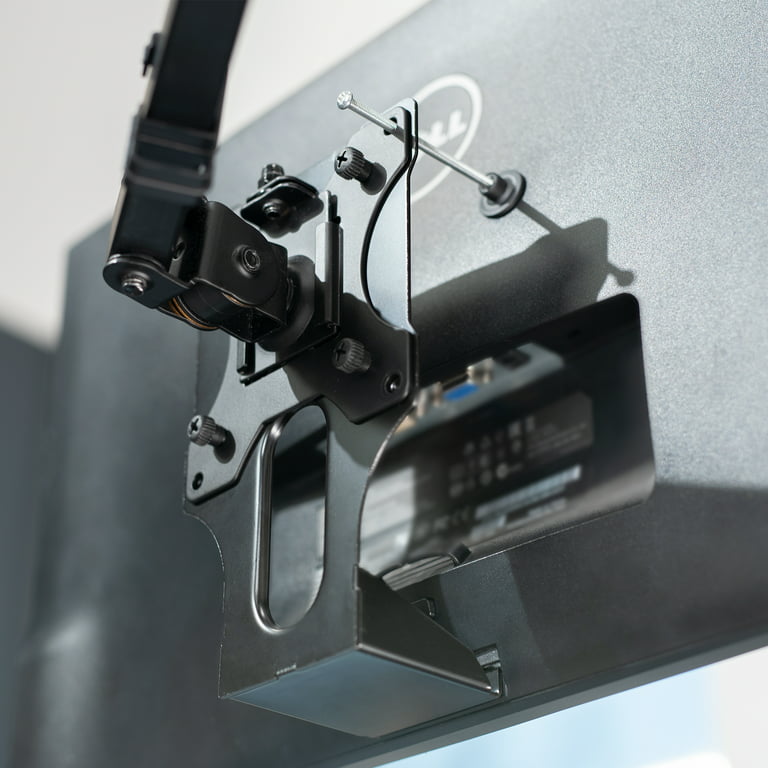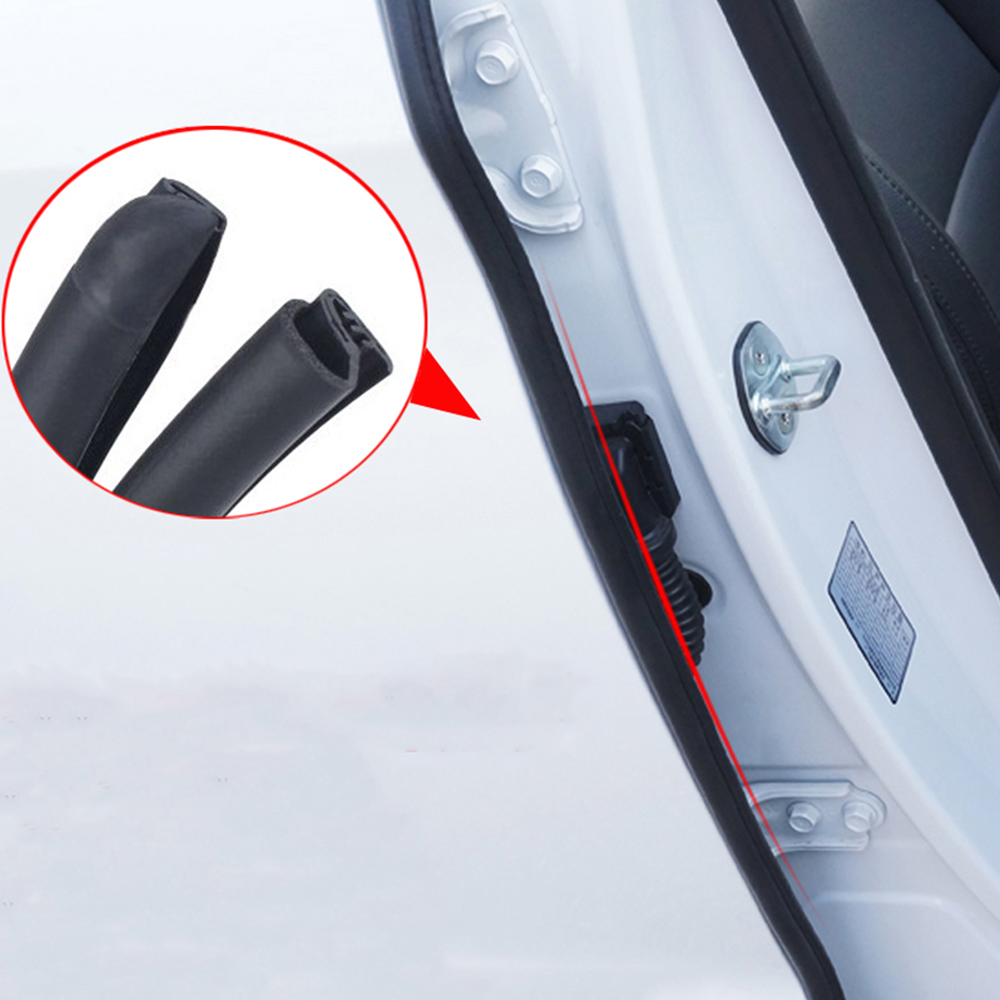Isolation of CAR T cells and its interaction with tumor-associated
€ 19.99 · 4.7 (576) · Auf Lager

Download scientific diagram | Isolation of CAR T cells and its interaction with tumor-associated antigens (TAA) in solid tumors. T cells are collected from patients’ peripheral blood via leukophores and are designed to express chimeric antigen receptors to tumor-specific antigens. These cells proliferate before being re-injected. After injection, autologous CAR-engineered T cells detect TAA and binds to its corresponding ligand, leading to the secretion of cytokines and the interaction of some apoptosis-related ligands, which ultimately leads to the destruction of tumor cells from publication: CAR T cells in solid tumors: challenges and opportunities | Background CARs are simulated receptors containing an extracellular single-chain variable fragment (scFv), a transmembrane domain, as well as an intracellular region of immunoreceptor tyrosine-based activation motifs (ITAMs) in association with a co-stimulatory signal. Main | CAR T Cells, Solid Tumors and Chimeric antigen receptor (CAR) | ResearchGate, the professional network for scientists.
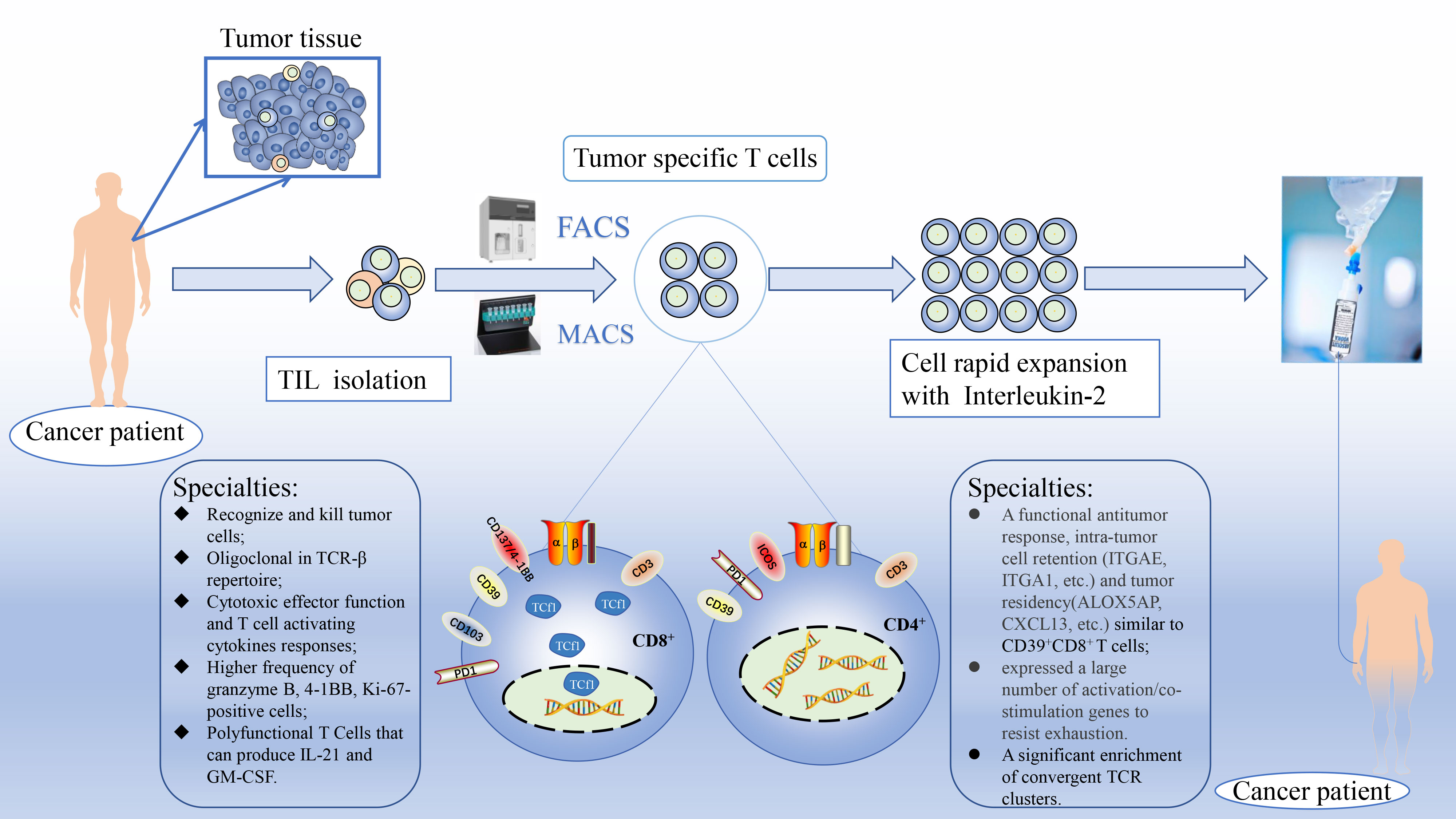
Frontiers Potential biomarkers: Identifying powerful tumor specific T cells in adoptive cellular therapy
Cell-based Immunotherapy
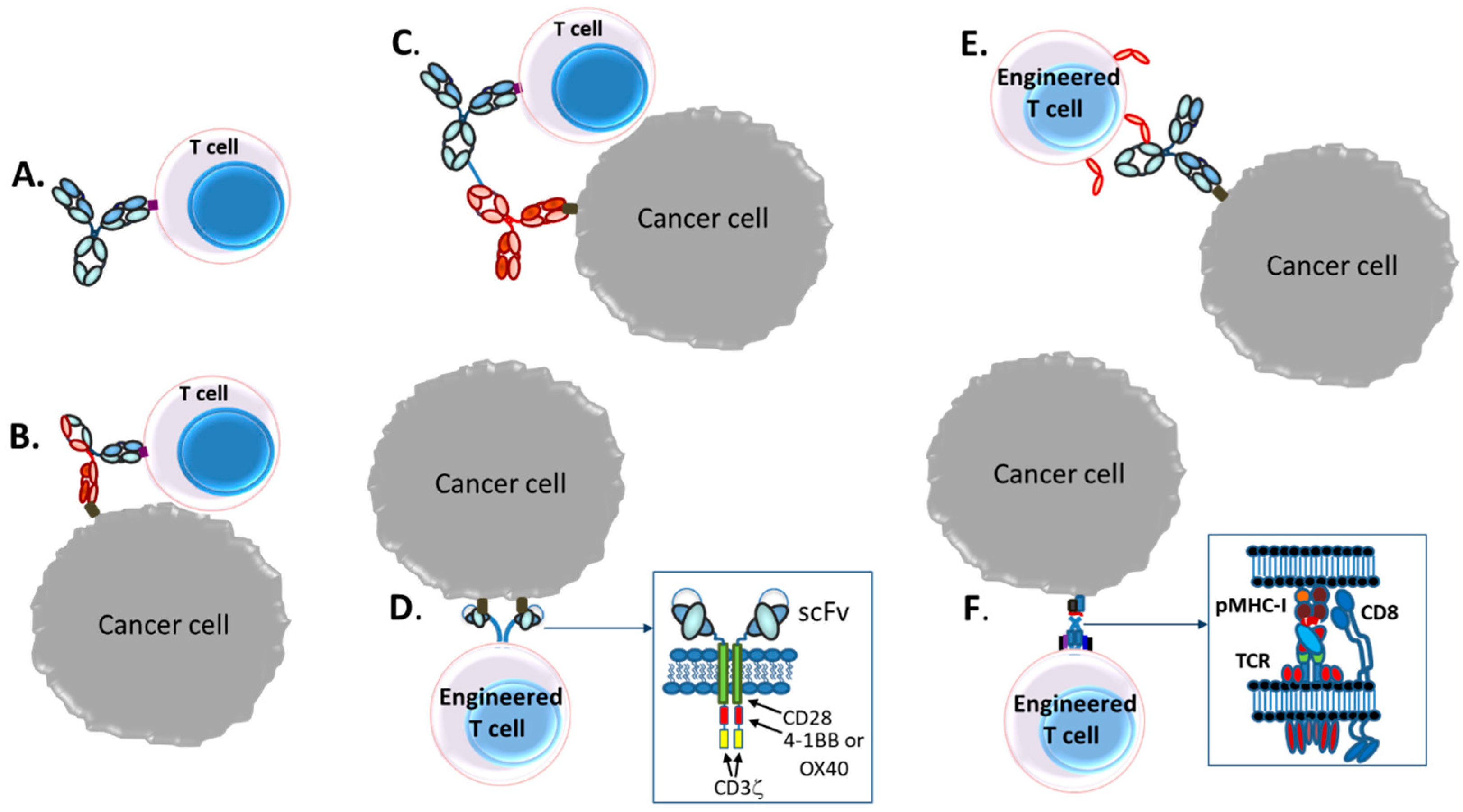
Antibodies, Free Full-Text

Precision Tumor Recognition by T Cells With Combinatorial Antigen-Sensing Circuits: Cell

Neoantigen-driven B cell and CD4 T follicular helper cell collaboration promotes anti-tumor CD8 T cell responses - ScienceDirect

IJMS, Free Full-Text
Antigen-specific T cells, stimulation, enrichment and analysis, Miltenyi Biotec

Nanobody-derived bispecific CAR-T cell therapy enhances the anti-tumor efficacy of T cell lymphoma treatment: Molecular Therapy - Oncolytics

Antigen-Specific T Cell Detection via Photocatalytic Proximity Cell Labeling (PhoXCELL)
